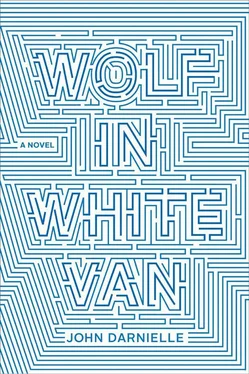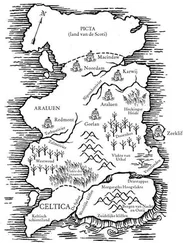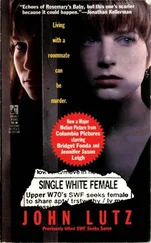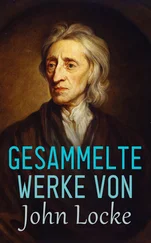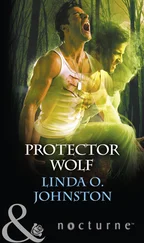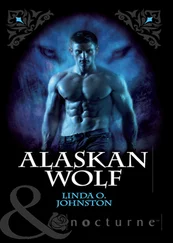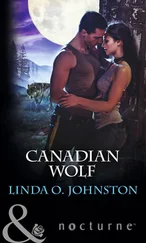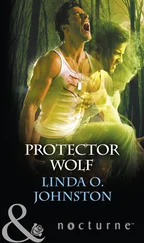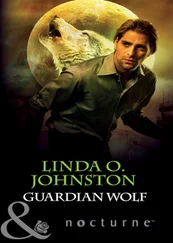And I started to say “fine,” and I meant to say “fine,” but I ended up saying that I felt my life was filled like a big jug to the brim with almost indescribable joy, so much that I hardly knew how to handle it. That was how I put it, what I said: “I feel like my life is filled,” and then all the rest of it, one big exhale. I am not an eloquent person, and I was surprised to hear myself talking like that, but only a little surprised, because it was exactly the feeling I had in my heart. It was right there at the surface waiting to come out. No way of counting my blessings. No way for anyone to count that high. And so Vicky told me that Jesus always makes a Way, which is how visiting nurses often talk, I’ve found over the years, and I said yes, yes, yes that’s true, yes that certainly is true.
I. THE BRIDGE
Reactor five, visible from S.R. 60 just past the Grove Avenue exit, was collapsing. Radiation sickness traveled on poison winds through the tract home neighborhoods; within a few weeks, most in the region were too sick to work, and within a few months over half of them were dead. Neighboring counties began raiding the afflicted region for supplies; the contaminated goods they brought back served as mobile hosts for the burgeoning mutation. The age of empire had entered into the first gasps of its terminal phase.
Radiation levels were so high in the bodies of even the most tenacious survivors that total contamination below the 36th parallel north seemed unavoidable. People fled in terror, seeking food and shelter to the west and east. Basal ganglia calcified in the stricken; the streets rang at night with the screams of the lost. Northern movement remained blocked; the armies of the north, formed overnight and bonded by fear, stood prepared to fight until the last of their numbers fell.
In Missouri, fifty California delegates to the Southern Baptist Convention in Kansas City were housed at a Holiday Inn near the freeway. The convention was first delayed, then canceled, when the gravity of the situation on reactor five became clear; the aggrieved were told to return to their families, to save what they could. There was to be no return home. Disorder and panic spread like brushfire. Uncontaminated cities quickly formed citizen posses, built strong walls around their boundaries, and guarded them with heavy armor. Three of the Kansas City fifty set out in a southerly course tending westward, despite misgivings. Their eventual ends are unknown.
The remaining members of the delegation left Missouri on foot for the fallow fields of Kansas. Among their numbers were several laymen, employees on reactor five. Historians posit that genetic contamination among employees at the reactor would have been at or near 100 percent by the time of the collapse, though this is conjecture. Only two verifiable employees of the reactor are known to have survived the ensuing chaos of the days that followed. They were in Kansas City on the day the core melted, and are remembered now as the first people, ten years later, to be denied entrance to the Trace Italian.
For the third time since sunrise you see men in gas masks sweeping the highway. It’s dusk. They are approaching the overpass where you hide in the weeds. You can only guess, but guesses are better than nothing: you calculate your chances of escaping unnoticed at 15 percent. When the nearest of them is close enough for you to hear the sound of the gravel underneath his yellow rubber boots, you know that the time has come for you to act.
Welcome to Trace Italian, a game of strategy and survival! You may now make your first move.
Within earshot of my twitching, living body I heard them tell my parents I wasn’t going to last long. That was, almost to a phrase, how they put it: “We don’t expect patients in Sean’s condition to last long.” I was too febrile to take offense or to feel relieved; the words just floated past my consciousness like a scrolling news bulletin at the bottom of the screen during a baseball game. Wherever it was my conscious self had actually fled to, the terrain lay somewhere out beyond where you might wonder what people mean by the things they say. I was having dreams of a guy named Marco, who was the editor and publisher of a small-press horror magazine called Marco. He was talking to me through the tight oval mouth hole of his ski mask.
He had all kinds of interesting things to say. He kept picking at his teeth with a steel toothpick, and I wanted to ask him where you get a steel toothpick from, but then I’d bubble up to the bright surface again and hear the chatter and see all the people and their hospital machines, like the world coming into total focus when you first wake up; and then Marco, whose hidden face probably originated in trailers for spy movies and send-two-dollars-for-our-illustrated-catalog ads in magazines or on the backs of comic books, would go wobbly like the vertical hold on a TV and vanish.
Still, even after he’d disappeared from my visual field, I could make out his voice, trying to fight its way back into the world of the living, wriggling out over the bells and the beeps and the people talking past one another. In the hall on the other side of the curtain, my mom kept describing the tableau in my bedroom, going over the details of it with the nurse and the treatment team. The louder she got the louder Marco had to speak to be heard; he also had to compete with the patient in the bay next to mine, who was screaming. After a few passes it started to seem like Marco only spoke when my coherence dropped, and got clearer when I let the fever take me: as soon as I’d start to lose my grip on things, he’d come suddenly through. When the fever settled in for a long swell, he coached me quickly up from my bed, and he hustled me through the door while everybody’s back was turned. From there we went speedily down the sterile busy hallways and hurried through a door that opened onto an eerie desert landscape, all cactus and cow skulls and shaky gravity. The scene played itself out several times, finding its bearings, but then someone from the outside would touch my hand, or say something that breeched the burbling static, and I’d hear the real things around me, my family and the doctors and the constant low hum of the building.
I think it was our third trip down the hallway that took me deepest into the desert; I remember that suddenly it was night out there, and that there was a huge, deep drone in the air, and a trillion stars. I remember Marco in the full flower of his clarity, asking me questions, but I could only tell that they were questions by the rising tone he’d end them on. The actual words were heavily distorted, movie dialogue through a blown speaker or a fading radio signal turned up way too loud. Atop a low butte in the near distance I saw his armies gathered, the incomprehensible force of his voice somehow increasing their strength, maybe even their numbers. He began to tower over me in stature, quickly, and before long the masked boy my age who’d guided me out of the emergency room a moment before had become a giant, nine or ten feet tall, skinny and spindly, his voice threading through the desert hum like an insect song. I listened for some opening in his monologue where I might cut in and ask what was going on, and I prepared myself to get in one good question before his squadrons came charging down the hill. He had grabbed hold of my neck like I was a puppy; he was lifting me into the air. But just then someone started applying silver sulfadiazine to my forehead, and it burned, and I snapped back into my surroundings.
The whole thing only lasted for a few minutes, and I seldom thought of it again except to try and figure it out: where it came from, I mean. Because there isn’t any magazine called Marco , and anyone connected with the magazine Marco is a phantom construction that my mind scared up during the first few minutes after the disaster.
Читать дальше
